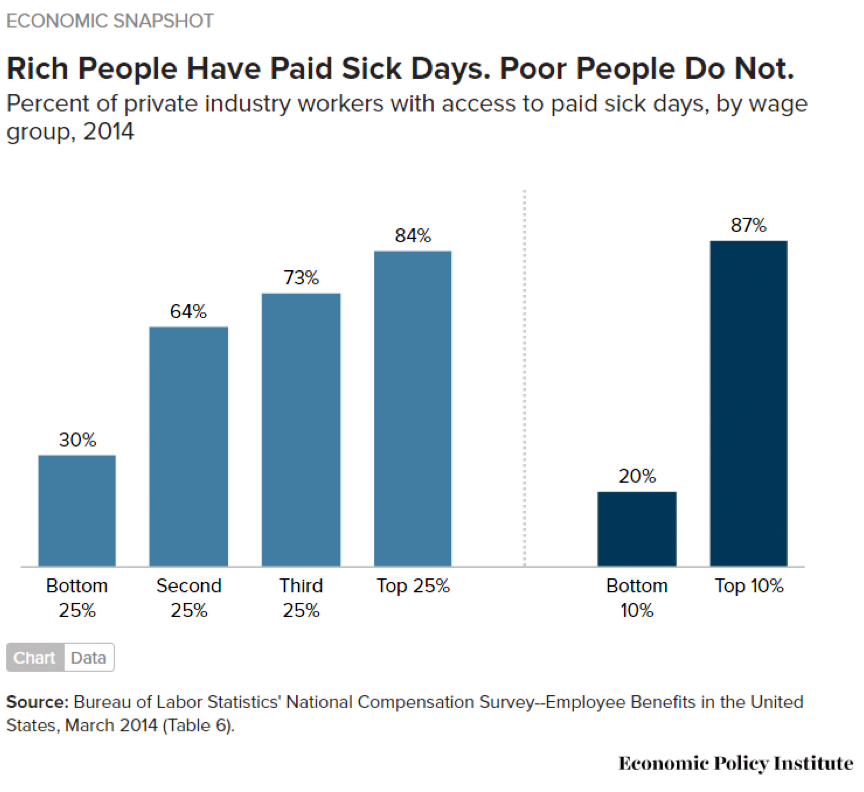 With the exception of the intake facility, about 50 people are released from prison every month here in Rhode Island. Of those, at some point at least 30 of them recidivate (that means they go back to prison). This is because our reentry programs are insufficient.
With the exception of the intake facility, about 50 people are released from prison every month here in Rhode Island. Of those, at some point at least 30 of them recidivate (that means they go back to prison). This is because our reentry programs are insufficient.
To truly reintegrate former inmates back into society, and also cut down on recidivism, let’s first put people in a situation to flourish and not fail. As a person that’s been incarcerated for the last two decades, I’ve seen what works and what will not.
Because most former prisoners want to be productive citizens and not products of their environment, despite what the media or policymakers will lead you to believe.
First, let’s try instilling a marketable skill in people who are about to leave prison. The DOC says it spends about $40,000 a year per inmate, and for women the number is more like $130,000. Let’s put some of that money to good use by hiring people that can teach and educate prisoners. It’s already hard trying to gain employment in this economy, and harder still if you’re a convict.
Second, we need to learn to re-bond with family. For most people, family is their only lifeline back into society. And reconnecting with them when we get out is not as easy as it seems. To pick up where you left off, even if you’re not going home to a program. Then sometimes you’re even sleeping on someone’s couch! And you have to adapt to their life situation.
Third, the rhythms of life on the outside are an adjustment—here in prison you’re told when to eat, when to go to your cell, or that no, you can’t use a phone or get a bar of soap from the cell next door. And all of a sudden you are back to being a son, mother, or a father. There’s no transition into this, and it can be scary. Because all of this—it’s new to you! It wasn’t like this before you went away. Even your kids might feel that something has changed. Some kids or spouses will have trouble coping with someone who has been gone coming home just like that.
You will also be coming from an all-alpha environment where you are constantly talked down to or where someone is always trying to get over on you. Respect is not given in prison; you have to fight for it. We need to learn and remember that society doesn’t function like that! We need to distinguish the differences between normalcy in jail and normalcy at home. Again, this is no easy feat.
So why not put something in place that can help with this?
Yes, all these things are up to the individual. However, the mission of the RIDOC is to contribute to public safety by maintaining a balanced correctional system of institutional and community programs that provide a range of control and rehabilitative options for criminals. This is their description, and yet the design, at least in maximum security, is to effectively deter you from school and productive programs, as well as family togetherness (because visits are so limited).
This isn’t a knock on the DOC—it’s a call to wake up and do what’s best for everyone! Let’s not talk about what needs to be done—let’s do it! See if we can simplify this! Education, job skills, and a place to live. We don’t want you to give it to us. We want you to help us help ourselves.
- Prison Op/Ed Project’ teaches civic engagement, writing – Meghan Kallman
- Does racial injustice still exist? Look at our schools – Aaron Carpenter
- Rhode Island charges felons absurdly high court costs – Christopher Nemitz
- Public school students and inmates need more vocational training – Darnell Hie
- Prison policies put probation and vocational training at odds – Norman Johnson
- Corporate-modeled prison industrial complex doesn’t serve society – Adrian Rojas
- Incarceration is the new slavery – James Poston
- Justice isn’t blind with data-based sentencing – David Brown
- Ending welfare entitlements opened the door to disability fraud – Dan Davidson
- Post prison services would stem system’s revolving door – Michael Wheelock
- You’re vote doesn’t matter as much as your money – David Brown
- How schools emulate prisons, and prepare students for them – Richard Pimiental
- Cars that are good for society – David DeGrasse
- PTA involvement instead of prison mentality in schools – Mustapha Bojang
- Prison is about re-socialization, not corrections – Christopher Marsich
- ACI administrator praises Prison Op/Ed Project – Ralph Orleck
- Alcohol, incarceration and what it means to matter – Laura Baumgardner
- Was Myron Magnet a genius or just a Republican? – Danny Mercure
- Ike was right: Military industrial complex corrupted economy – Christopher Marsich
- Second Chance Act deserves second chance at full funding –
- Who poses a bigger threat to US: Ben Carson or Ahmed Mohamed? – David Brown
- Taking a play out of black Mizzou football players playbook – James Poston
- Why don’t female ACI inmates have a nice big rec yard like the men – Merissa Piccoli
- Literal segregation – Philip Randall
- Religion, violence and America –
- They say knowledge is power, but is it? –
- Time to change what we consider newsworthy – David DuBois
- Prison Op-Ed Project gives inmates a voice – Senator Sheldon Whitehouse


 One significant reason to pass paid sick leave legislation is that failing to do so further exacerbates disparities based on income. The Economic Policy Institute
One significant reason to pass paid sick leave legislation is that failing to do so further exacerbates disparities based on income. The Economic Policy Institute 